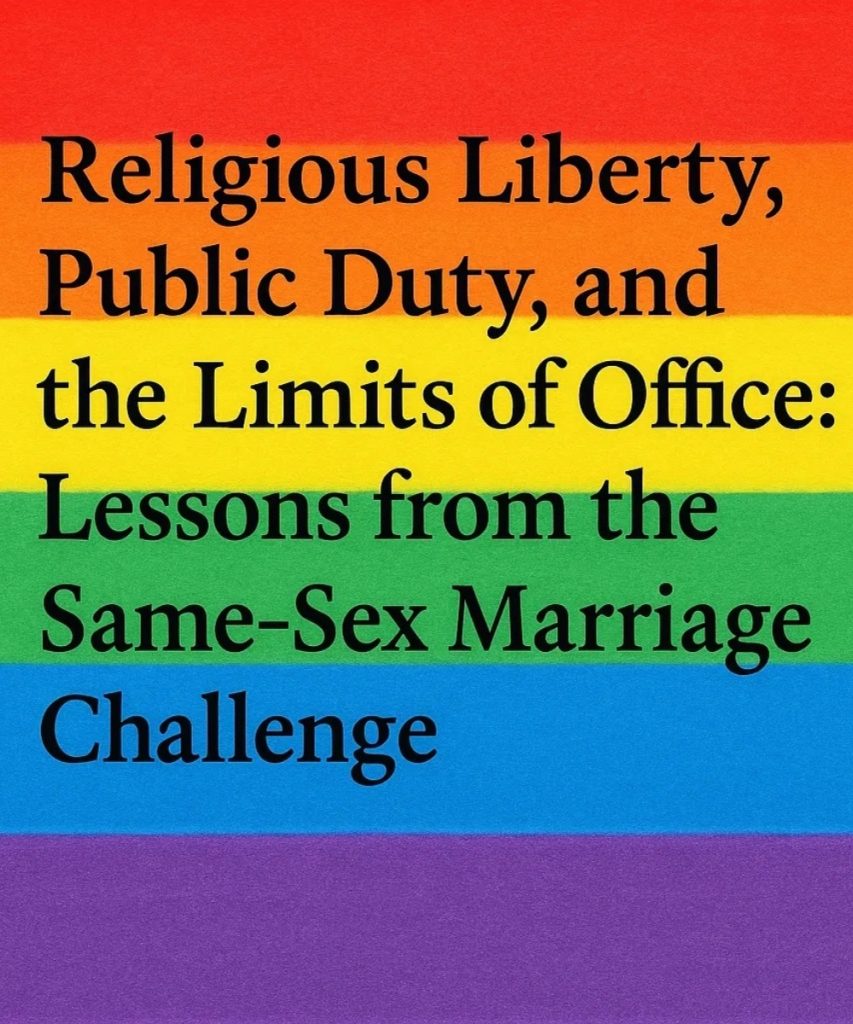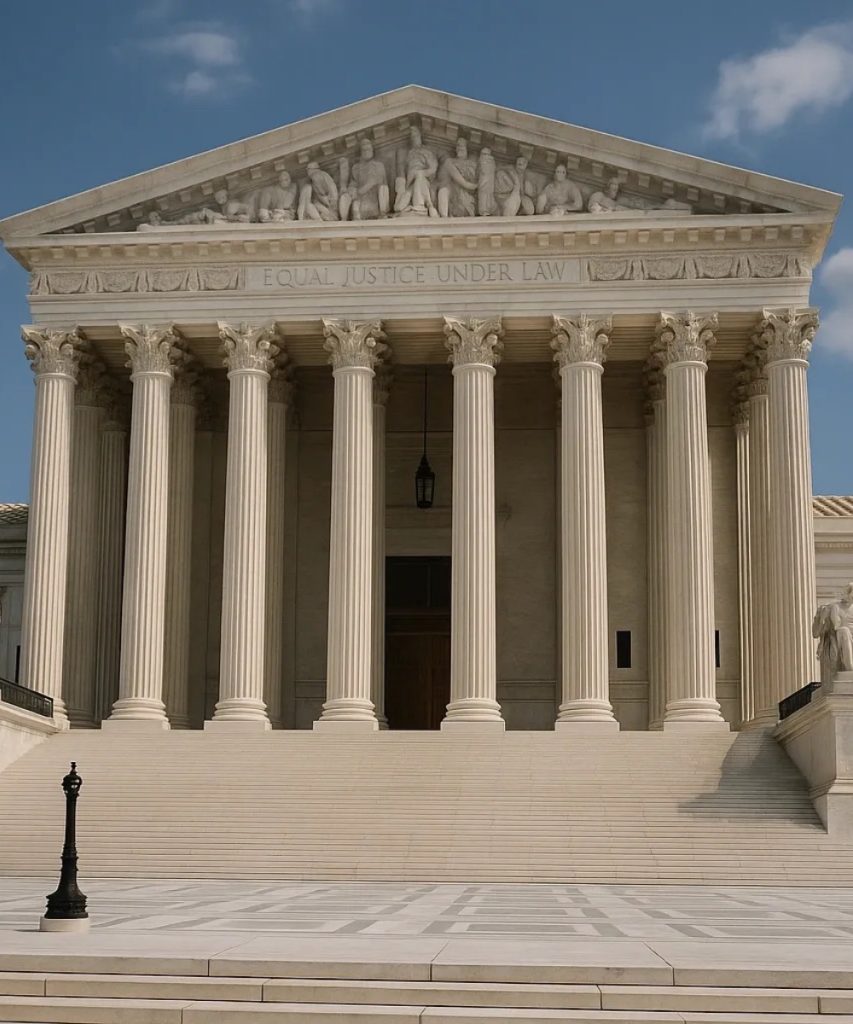May is Mental Health Awareness Month. This is a time to reflect, raise awareness, and take intentional steps to prioritize our emotional and physical well-being. In a world that often asks us to do more, be more, and move faster, it is vital that we pause, take inventory of our inner lives, and protect our peace.
Too often, we allow the pressures of work, personal relationships, and even the weight of global events to take a toll on our mental health. Many of us spend enormous amounts of energy trying to control others, control outcomes, or control situations that are far beyond our reach. This constant striving leads to frustration, anxiety, and burnout. Stress is a silent killer. It erodes our peace, clouds our judgment, and distances us from joy.
Borrowing from the wisdom of the recovery community, we are reminded of a simple but profound truth. We must learn to let go and let God, or surrender to whatever higher power we believe in. When we release the belief that we are in control of everything, we set ourselves free. In surrender, we find clarity. In acceptance, we find peace.
There are some individuals who are cruel and will stop at nothing to disturb your inner peace. Do not give them the luxury. Invest in preserving your mental health and your well-being. Politics will continue. Struggles will happen. Businesses will come and go. Organizations will rise and fall. Things are replaceable. You are not. Your value is not conditional and your presence matters. Be aware for yourself and for others. Share lessons. Share healing. Share support. With more humanity, this world will be a better place.
Mental health challenges are real. They are not moral failings or signs of weakness. They are part of the human condition. While many suffer quietly, it is essential that we speak up, listen with compassion, and create environments where it is safe to seek help.
Mental health is just as important as physical health. The mind and body are deeply connected. When we neglect our emotional well-being, our physical health suffers too. We would never ignore a broken bone or untreated illness, yet we often dismiss or hide emotional pain.
As individuals and as communities, we must take action. Here are a few strategies to help manage and support mental health:
- Set Boundaries
Say no when needed. Protect your space. Choose peace over pleasing others. Boundaries are essential to self-respect and mental clarity. - Let Go of Control
Release the illusion that you can manage everything. Trust that not every situation requires your intervention. Letting go can bring serenity. - Practice Self-Compassion and Mindfulness
Speak kindly to yourself. Stay present. Embrace the moment rather than replaying the past or fearing the future. Tools like meditation, breathwork, and journaling can help. - Move Your Body
Regular physical activity improves mood, reduces stress, and supports emotional balance. Whether it is walking, dancing, stretching, or swimming, movement heals. - Seek Support
Therapy, support groups, and honest conversations with trusted friends can make a difference. You are not alone and help is available. - Unplug and Rest
Take breaks from social media, news, and screens. Rest your mind. Rest is not laziness. It is necessary for recovery and resilience. - Stay Connected
Healthy community is medicine. Whether through faith, service, or shared interests, meaningful connection nurtures hope and purpose.
This Mental Health Awareness Month, let us affirm that every life deserves peace, healing, and support. Let us be gentle with ourselves and each other. Let us speak openly about mental health and move with compassion. Let us remember that healing begins when we acknowledge our limits and choose to care for our whole selves.
Your peace is sacred. Protect it.




